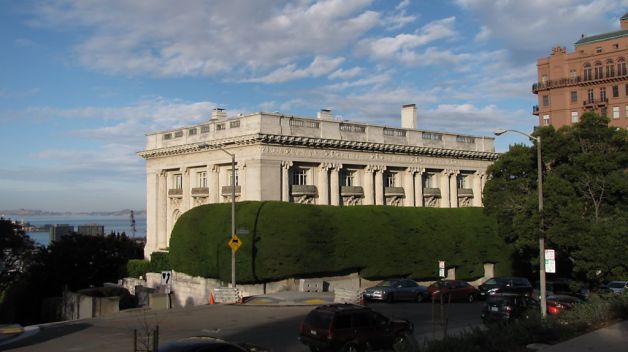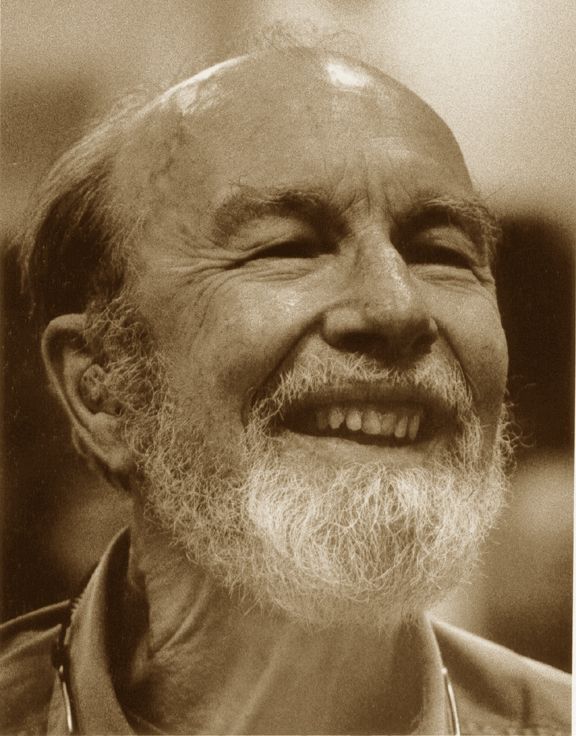“Punting the Pundits” is an Open Thread. It is a selection of editorials and opinions from around the news medium and the internet blogs. The intent is to provide a forum for your reactions and opinions, not just to the opinions presented, but to what ever you find important.
Thanks to ek hornbeck, click on the link and you can access all the past “Punting the Pundits”.
Wednesday is Ladies’ Day
Follow us on Twitter @StarsHollowGzt
Katrina vanden Heuvel: The Promise of Transpartisanship
On Tuesday, Americans will tune in to watch President Obama’s fifth State of the Union Address. The annual ritual, with its pomp and circumstance, has become an almost grotesque visual of a gridlocked Washington. The president’s party will cheer. The opposition will jeer. A Supreme Court justice might sneer. Since President Obama took office, the partisan rancor has only intensified, reaching its ugliest point in 2009, when Representative Joe Wilson (R-SC) shouted at the president, “You lie!”
Things have gotten so distasteful that some members have taken to symbolic gestures, including crossing the aisle to sit together or wearing orange lapel pins as part of the bipartisan so-called “Problem Solvers Caucus,” sponsored by the nonprofit group No Labels.
But if lawmakers really want to reassure cynical Americans, whose disdain for Congress is well documented, they could highlight the genuine cooperation among them. This collaboration is happening across a number of issues, but it’s not bipartisanship; it’s “transpartisanship.” Unlike bipartisanship, which often takes two existing viewpoints and, effectively, splits the difference, transpartisanship encourages solutions that can align with many viewpoints.
April Glaser: Why the FCC Can’t Actually Save Net Neutrality
Network neutrality-the idea that Internet service providers (ISPs) should treat all data that travels over their networks equally-is a principle that EFF strongly supports. However, the power to enforce equal treatment on the Internet can easily become the power to control the Internet in less beneficent ways. Some people have condemned last week’s court decision to reject the bulk of the Federal Communications Commission’s (FCC) Open Internet Order as a threat to Internet innovation and openness. Others hailed it as a victory against dangerous government regulation of the Internet. Paradoxically, there is a lot of truth to both of these claims.
Violations of network neutrality are a real and serious problem: in recent years we have seen dozens of ISPs in the U.S. and around the world interfere with and discriminate against traffic on their networks in ways that threaten the innovative fabric of the Internet.
At the same time, we’ve long doubted that the FCC had the authority to issue the Open Internet rules in the first place, and we worried that the rules would lead to the FCC gaining broad control over the Internet. The FCC in particular has a poor track record of regulating our communications services. We are not confident that Internet users can trust the FCC, or any government agency, with open-ended regulatory authority of the Internet.
The Promise Zones comes with no actual funding, only vows to help cities apply for grants. They are PR stunts, not solutions
On 8 January, the Obama administration announced the selection of five Promise Zones – high-poverty communities chosen to receive special federal attention. They are San Antonio, Texas; Choctaw Nation, Oklahoma; South-eastern Kentucky; Los Angeles, California and Philadelphia, Pennsylvania. I used to live in West Philly, one of the administration’s new promised lands, so I was curious about what my old neighbourhood stands to gain from its new status.
Not much, it turns out.
Comb through the White House announcement and beneath the flurry of bureaucrat chat (pdf) about “addressing multiple community revitalization challenges” and “increased access to proven tools” the stark fact emerges that the program does not allocate a single new dollar in aid:
Heather Long: Why is the US a decade behind Europe on ‘chip and pin’ cards?
Perhaps the Target data breach involving 100m credit and debit cards will finally wake up the US on its outdated technology
If you live in the US, you probably heard about the 100m credit and debit card numbers that were stolen from Target’s databases recently. (Target initially stated 40m cards were at risk and then revised the figure up).
While Target tries to limit the damage (they recently sent out an email offering free credit monitoring), the bigger question people are rightly asking is why is the US a decade behind Europe on issuing safer “chip and pin” credit and debit cards? How did we let it get this bad?
I remember arriving in the UK for graduate school in 2004 and being issued credit and debit cards after opening a British bank account. My American colleagues and I were fascinated by these pieces of plastic. They were black and red – we called them “Darth Maul cards” after the Star Wars character – and they had microchips embedded in them, something few of us had ever seen before. It was relatively new technology at the time, used to protect against fraud. It’s now in place across Europe (and beyond) and has greatly reduced data theft (pdf).
Bryce Covert: The Government Is a Terrible Marriage Matchmaker
First it was Senator Marco Rubio: marriage is “the greatest tool” to lift people out of poverty. Then it was Ari Fleischer: the best way to fight income inequality is by “helping the poor realize that the most important decision they can make is to stay in school, get married and have children-in that order.” And then on Sunday it was Ross Douthat: “one of the biggest boosts to opportunity comes from having married parents.”
Conservatives are lately doing some thinking about poverty and income inequality, but the answer they seem to keep landing on is marriage. True, being married certainly is associated with financial benefits. The poverty rate is about five times higher for single parents than for married couples, which can have a significant impact on children’s well-being and future prospects. But to turn that from a statistic to a solution, the next leap would be to push for the government to push people into marriages. Unfortunately for conservatives, the government is terrible at getting people together.
In seeking to push people toward marital bliss, the government uses a carrot and a stick: incentivizing some couples with spending on pro-marriage counseling programs while attempting to penalize others who don’t marry by denying them tax benefits. Neither of these attempts to rig the marriage market work.
Carol Schachet: Today’s Peasant Movement – Sophisticated, Threatened, and Our Best Hope for Survival
The term peasant often conjures up images of medieval serfs out of touch with the ways of the world around them. Such thinking is out of date. Today, peasants proudly and powerfully put forward effective strategies to feed the planet and limit the damages wrought by industrial agriculture. What’s more, they understand the connections between complex trade and economic systems, champion the rights of women, and even stand up for the rights of gay men and lesbians.
These are not your great ancestors’ peasants.
“A peasant is a scientist. The amount and quality of knowledge we have been developing and practicing for centuries is highly useful and appropriate,” said Maxwell Munetsi, a farmer from Zimbabwe and a member of the Via Campesina. [..]
The success of peasants means success for all of us, because they are leading the way in feeding the world, counteracting greenhouse gas emissions and other environmentally toxic poisons, conserving water and biodiversity and expanding social and economic justice. The peasant movement chant of “Globalize the struggle, globalize the hope” is a roadmap toward a sustainable, dignified future.

 I used to think that he’s intelligent enough that he couldn’t possibly be stupid enough to actually believe that anyone else could possibly be stupid enough to think he makes any sense.
I used to think that he’s intelligent enough that he couldn’t possibly be stupid enough to actually believe that anyone else could possibly be stupid enough to think he makes any sense. On this day in 1845, Edgar Allan Poe’s famous poem
On this day in 1845, Edgar Allan Poe’s famous poem 
 On this day in 1916,
On this day in 1916, 
Recent Comments